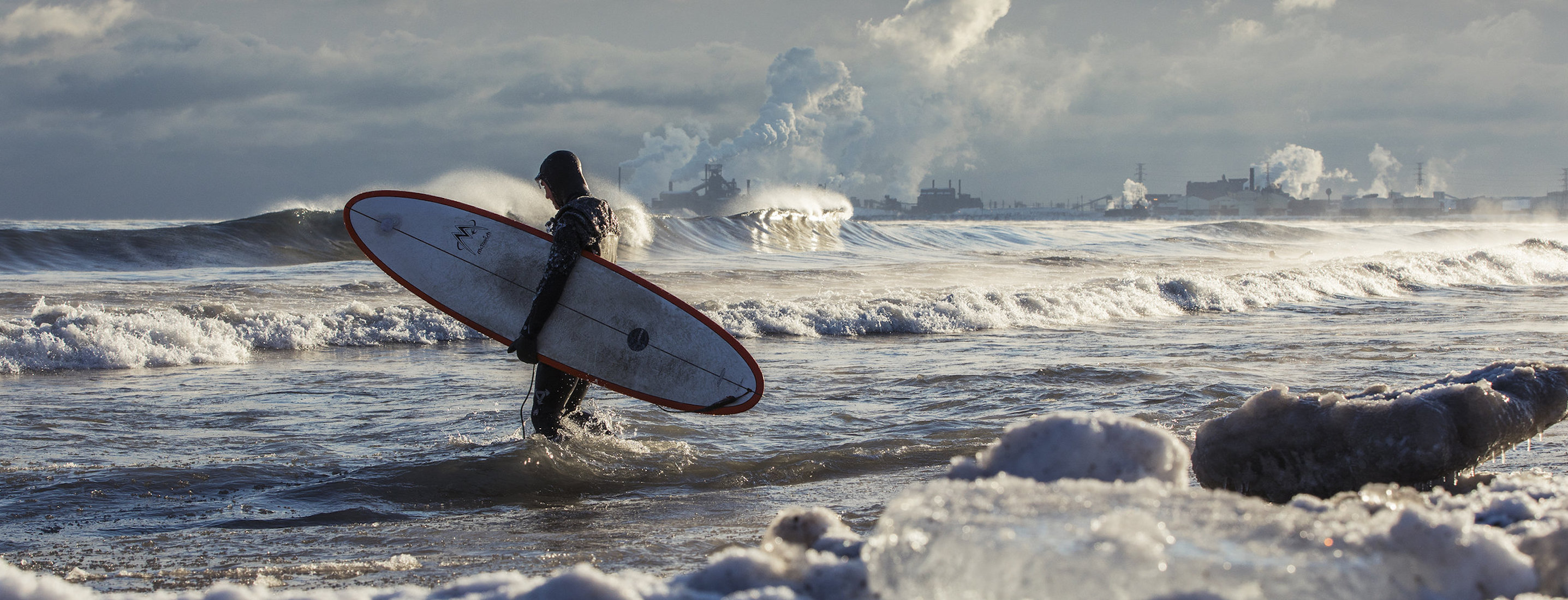
Require EPA to Modernize Tech-Based Water Pollution Limits and Guidelines
Require U.S. EPA to Modernize Technology-Based Water Pollution Limits and Guidelines ("ELGs")
In 1972, federal legislators passed the Clean Water Act, the country’s preeminent law protecting the nation’s waters, in order to restore and maintain their chemical, physical, and biological integrity, with the explicit goal of eliminating the discharge of pollutants into navigable waters. In furtherance of that goal, the Act charges the U.S. Environmental Protection Agency ("EPA") with promulgating and regularly revising “effluent limitations” and “effluent limitation guidelines” ("ELGs") which are national industry-specific wastewater regulations based on the performance of demonstrated wastewater treatment technologies. These technology-based standards essentially require that industrial dischargers like petroleum refineries, pesticide manufacturers, and plastics facilities utilize the best available technology to minimize their pollutant discharges.
Thus far, the EPA has promulgated ELGs for 59 industrial categories, including petroleum refineries, plastics facilities, and pesticides plants, which apply to between 35,000 and 45,000 direct dischargers, as well as another 129,000 facilities that discharge to Publicly Owned Treatment Works. However, in contravention of the Clean Water Act, the EPA’s ELGs are woefully out of date - of the 59 industrial categories, EPA last revised 39 of these categories more than 30 years ago, and 17 of them haven’t been revised since the 1970s. This means that for those categories, wastewater treatment technology is stuck in the era of landline telephones, video cassette recorders (VCRs), and pixelated video games. In January 2023, in the EPA’s Effluent Guidelines Program Plan 15, the EPA declined to revise ELGs for industries like petroleum refining, inorganic chemicals, and plastics molding and forming. The EPA’s failure to meet its statutory obligations to reduce water pollution from these industrial sources disproportionately harms low-income and Black, Indigenous and People of Color communities.
Therefore, represented by the Environmental Integrity Project, the Surfrider Foundation, along with roughly a dozen partner organizations, has filed a lawsuit against the EPA, challenging the agency’s failure to comply with their duty to ensure that technology-based standards for industrial polluters like petroleum refineries, plastics facilities, and pesticides plants reflect the realities of 2023.
